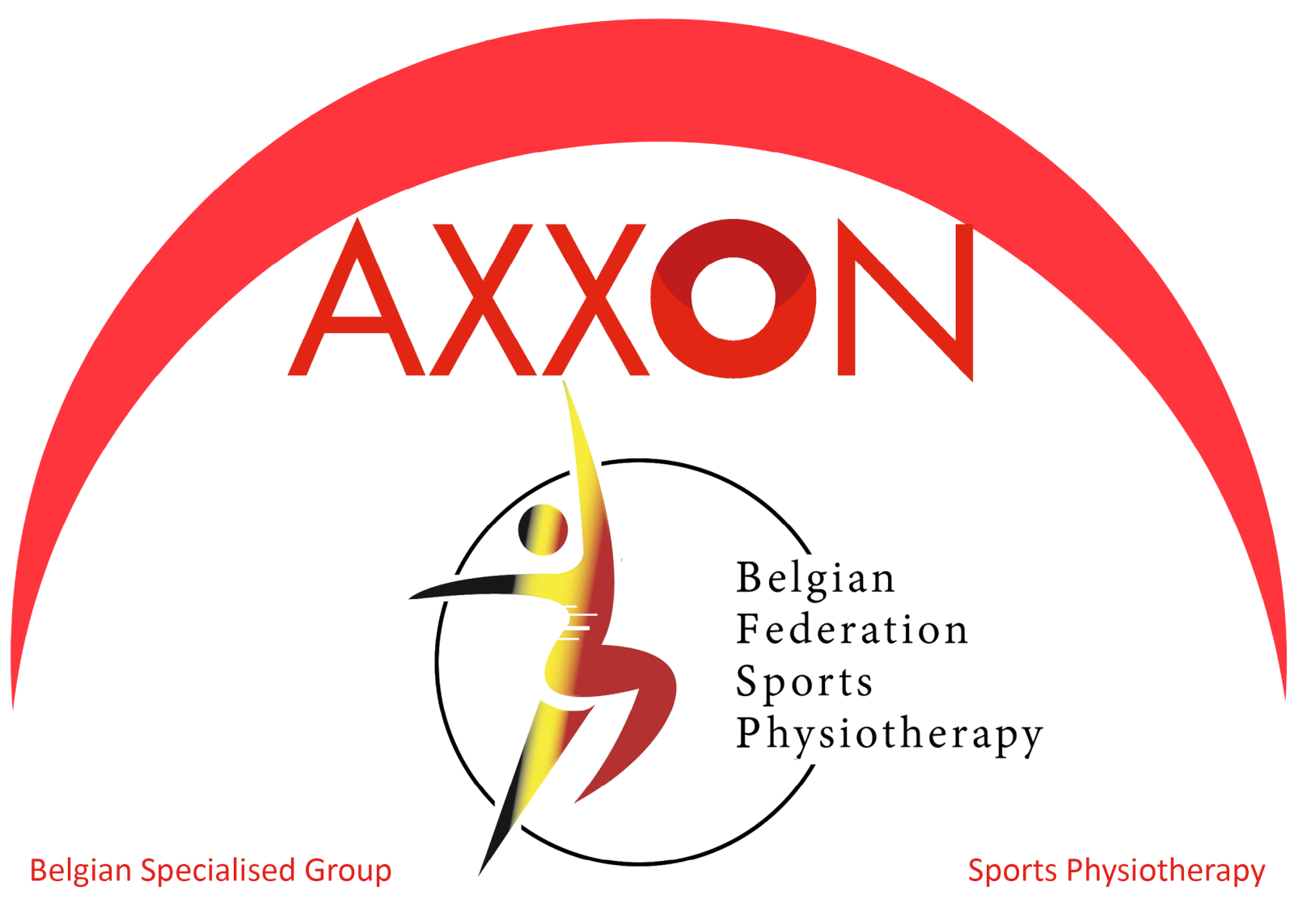Editorial 2024 - President Prof.E.Witvrouw
Editorial Erik Witvrouw
As we mark the fifth anniversary of the Belgian society of sports Physiotherapy in its current form and the ABCIG sports physiotherapy, it is a moment of reflection, celebration, and anticipation for the future. Over the past half-decade, the field of sports physiotherapy has witnessed remarkable progress, transforming the way we understand, prevent, and treat injuries in athletes. This milestone not only commemorates the achievements of the past but also serves as a launching pad for the promising innovations that lie ahead.
The evolution of sports physiotherapy over the last five years has been nothing short of extraordinary. From cutting-edge technological tools to revolutionary rehabilitation techniques, the field has embraced innovation at every turn. The BFSP has played an important role in disseminating this new information to the working field of the sports physiotherapists and will continue to play this key role.
One of the most significant strides in the past five years has been the integration of technology into sports physiotherapy practices. Wearable devices, smart sensors, and data analytics have become invaluable tools, providing real-time insights into an athlete's or patient’s performance, health, and recovery. This synergy of technology and sports physiotherapy has not only optimized training regimens but has also allowed for the early detection and prevention of potential injuries.
The emphasis on personalized and precision medicine has also entered the world of sports physiotherapy and can be postulated as a hallmark of the past five years. Tailoring treatment plans to an individual athlete's unique physiology, psychology, movement patterns and lifestyle has resulted in more effective interventions and faster recovery times. This shift towards individualized care has not only improved outcomes but has also set the stage for a more holistic approach.
Looking forward, the future of sports physiotherapy appears even more promising. The continued integration of artificial intelligence (AI) is anticipated to revolutionize injury prediction and prevention. AI algorithms analyzing vast datasets can identify patterns and risk factors that may not be apparent through traditional methods. This predictive capability will empower athletes and their medical teams to take proactive measures to avoid injuries before they occur.
The next five years in sports medicine will likely witness a more seamless integration of virtual reality (VR) and augmented reality (AR) technologies. These immersive technologies can be utilized for both rehabilitation and training purposes, providing athletes with realistic scenarios to enhance their skills and aiding in the recovery process.
In conclusion, as we celebrate the achievements of the past five years of BFSP, we stand on the cusp of a transformative future. The convergence of technology, personalized physiotherapy and innovative therapies promises to redefine the landscape of sports physiotherapy, ushering in an era where injuries are not just treated but prevented with unprecedented accuracy. As we look ahead, the commitment to the well-being of athletes remains unwavering, and the journey towards excellence in sports physiotherapy will always be the primary goal of the BFSP and will be continued in the next five years with newfound vigor and optimism.

